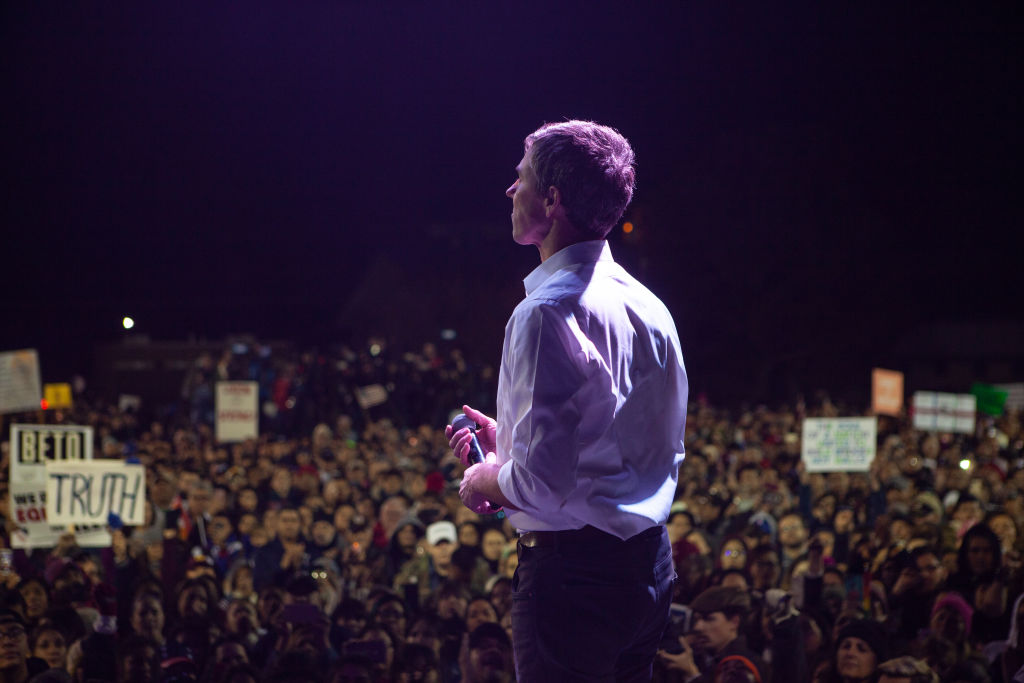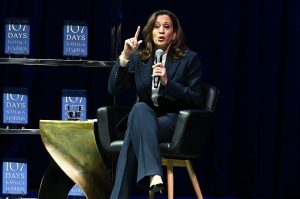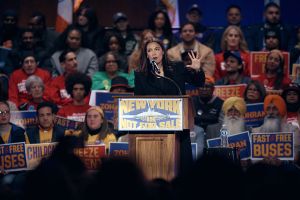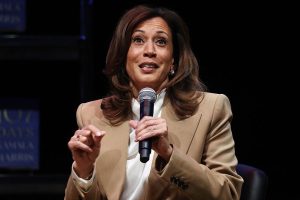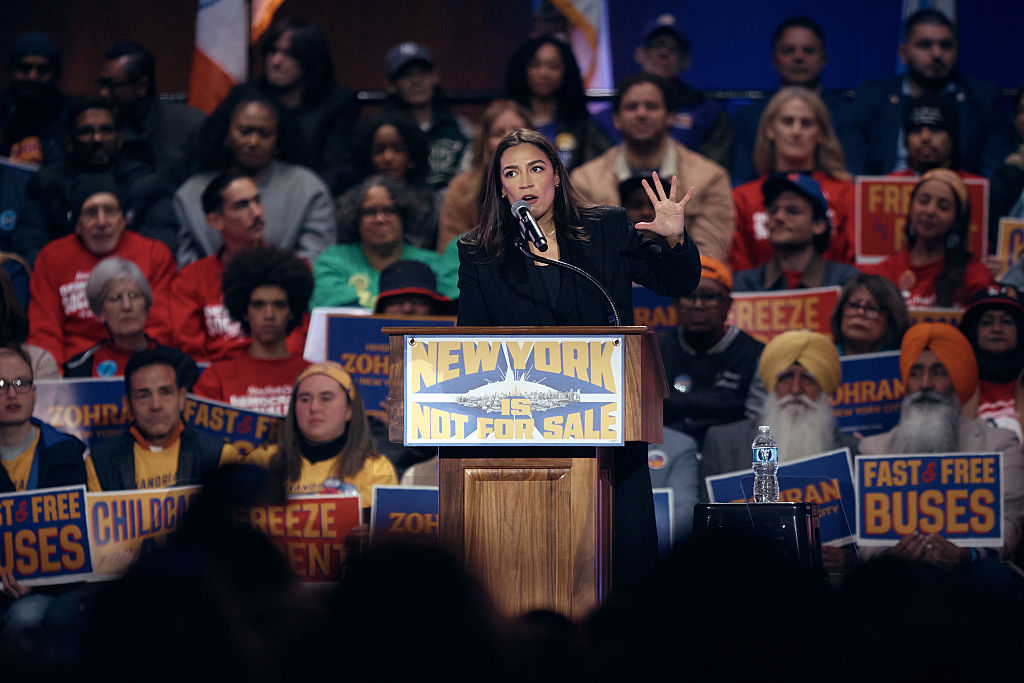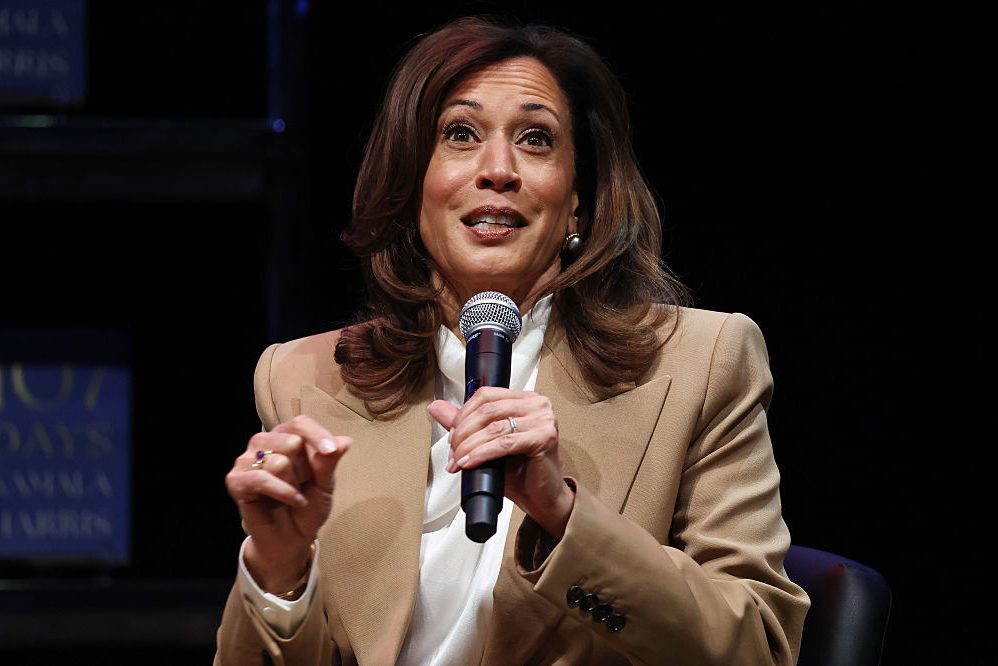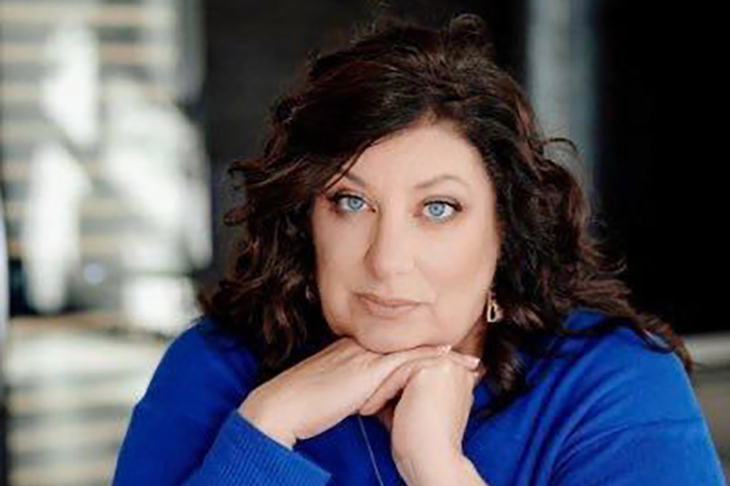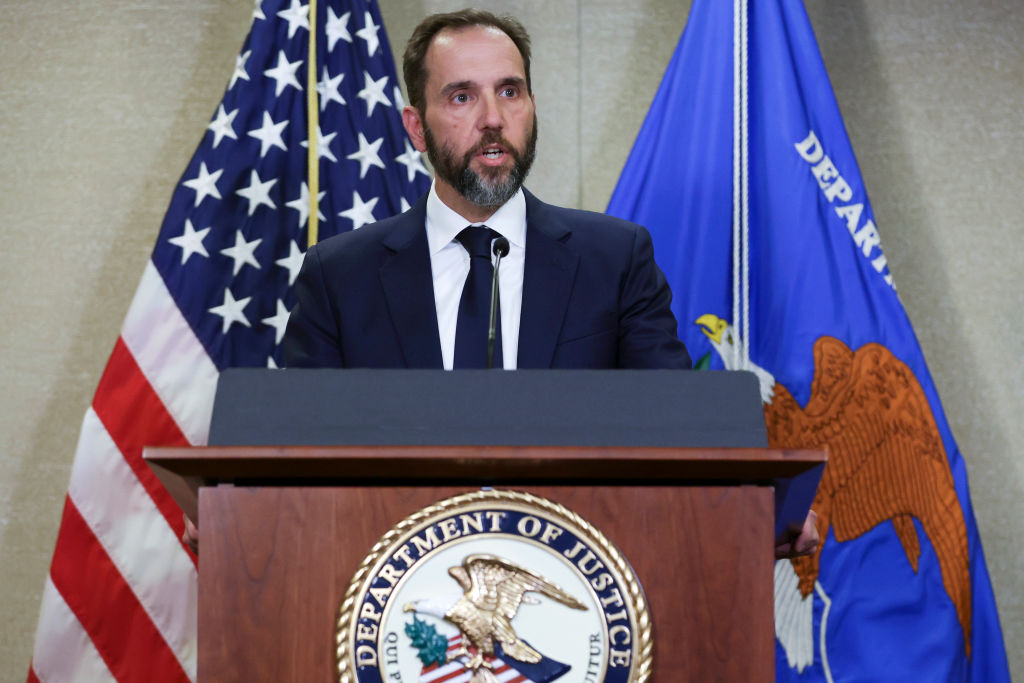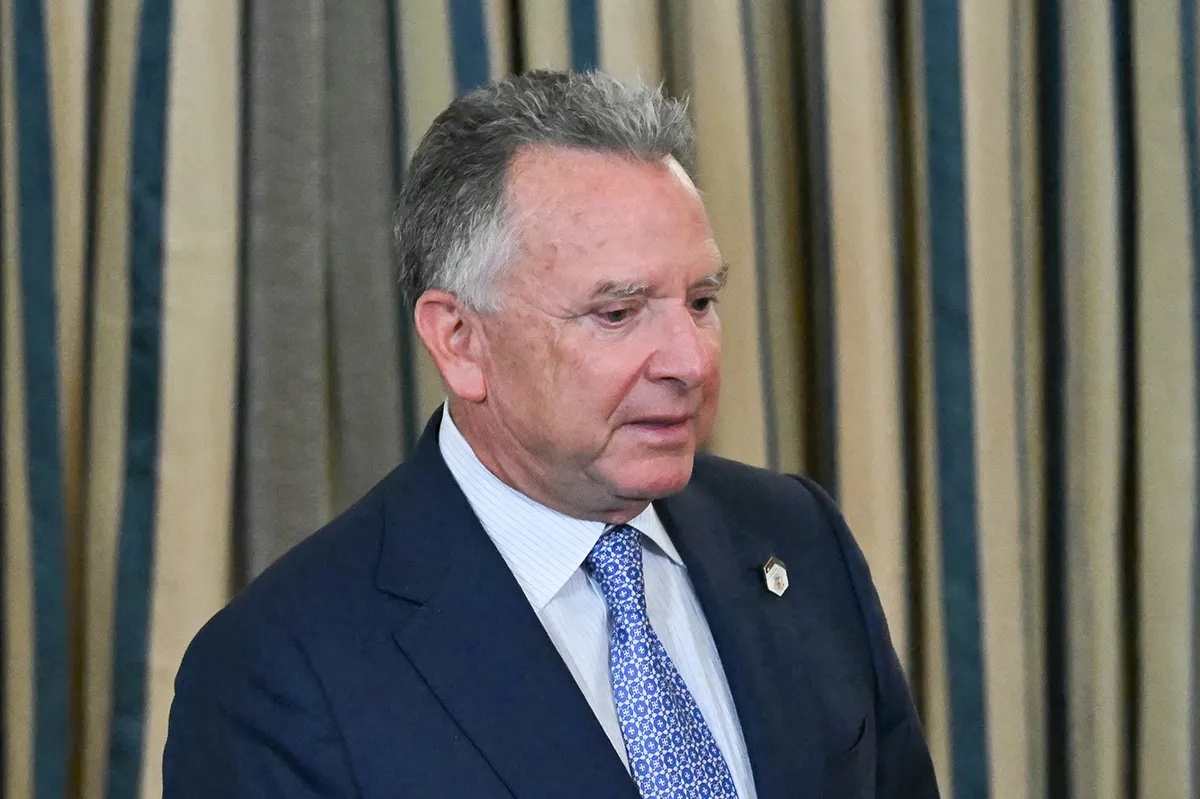As Donald Trump closed in the Republican nomination in 2016, pundits grasped for explanations. The Republican field was too crowded – but then, why should a crowded field help Trump rather than some other candidate? Trump hogged the limelight, then: he was a celebrity with an unfair advantage right from the start, and the media lavished undue attention on him. Of course, all of that attention was negative, but it’s true that Trump’s name and persona dominated the race almost from the minute he got into it.
Trump’s celebrity gave him an opportunity, but he made the most of it, speaking many truths about American life and politics that professional politicians dared not utter. And he weathered the negative press as no other candidate – or public figure of any kind – has had the chutzpah to do. But he also simply outshone all his opponents, including Hillary Clinton, in terms of star power. That star quality, which begins with name-recognition, really counts. And that should have been obvious long before Trump: the American presidency has been a long succession of high-recognition and star-like figures. Notoriously so: John F. Kennedy, a mediocre president at best, still holds the hearts of many a Boomer (and older) Democrat because of the attractive youth he projected in 1960, in famous contrast to a bestubbled Richard Nixon during the first televised presidential debate. Ronald Reagan was much mocked by Democrats in the 1980s for having been an actor; they said playing the president was his greatest role. But even Reagan’s Republican admirers would concede that his Hollywood experience was part of what made him ‘the Great Communicator’ and such an appealing campaigner.
That much is Postwar Political History 101. But star power and name recognition go much further than just that toward explaining the presidential contests of the last several decades. Does anyone imagine that George W. Bush would have had such an easy time winning the Republican nomination in 2000 if he hadn’t been the son and namesake of the previous Republican president? There were polls in 1999 that showed many voters at the outset thought both Bushes were the same man. He had the advantage of familiarity, if not Reaganesque charisma. In 2016, Hillary Clinton also enjoyed the advantage of familiarity, though she lacked the popular touch of her husband, the ex-president. Jeb Bush was familiar to Republicans that year, of course – but by then the Bush name was cursed, and Trump was by far the more attention-getting personality.
Democrats didn’t have any kind of star in 2004, when John Kerry won the nomination. The party punted: Kerry was simply a Democrat whose war record was supposed to make him a plausible November winner at a time when the Iraq War was unpopular among Democratic activists but still seen as a success by many other voters. Kerry had fought in Vietnam; he’d also thrown away his medals in protest once he came home. He did not exactly run as an antiwar nominee in 2004, but as a hesitant hawk who might appeal to doves as well as moderate supporters of the Iraq War. This was a weak rationale for a candidacy, and the fact that Bush only beat him by a one-state margin (if either Ohio or Florida had flipped, Bush would have lost) is a testament to the vulnerability of Bush and his brand of Republican ideology. If Bush could barely beat Kerry in the favorable climate of 2004, no Bush Republican would ever beat a Democrat with star power in an unfavorable year – or even a favorable one.
John McCain and Mitt Romney went on to prove just that. McCain had a certain star power and certainly high name-recognition: he was as close as most senators come to being a celebrity, and he’d been a media darling in 2000 when he competed with George W. Bush for the nomination. But in every way that Bush was bad, McCain was worse, and the political climate of 2008 was far less hospitable to Republicans than that of 2004. McCain also went up against a Democrat who had star power of a kind otherwise unheard of in the US Senate. Barack Obama had made a powerful impression on his fellow Democrats in his convention speech of 2004. (Much as Reagan had made such an impression on Republicans with a televised address on behalf of Barry Goldwater in 1964.) The 2012 election, however, was the reverse of 2004: Obama presided over a disappointing economy and Republicans had what seemed in the abstract like a good shot at beating him. Mitt Romney, who was familiar to Republicans after his 2008 run for the nomination, was a conventionally plausible nominee. But in the end he got nowhere close to denying Obama a second term – he was a weaker challenger to an incumbent president than John Kerry had been.
George H.W. Bush never had a star’s dazzle, but fortunately for him, Michael Dukakis never had it either, and was if anything an even duller personality. His resume certainly could not compete with that of a sitting vice president who had also been director of the CIA and a congressman, with a courageous World War II record to boot. Dukakis was just a state-level politician, and his blowout loss to Bush (Dukakis won only 10 states, plus D.C.) showed it. Four years later, however, Bush I faced in Bill Clinton a state-level politician with more charisma than many much more famous figures possessed. And plenty of lingering economic fears made ’92 a bad year for the Republican incumbent. In ’96, the Republicans dutifully ran Bob Dole, whose time had come, as their nominee, and Clinton had no trouble defeating him (and Ross Perot, again) and winning re-election.
Do the Democrats have a star in their lineup for 2020? Early polling – premature polling, really – certainly suggests there are two tiers to the field, with name recognition and star quality dividing the top tier from the lower. Joe Biden, Bernie Sanders, Kamala Harris, Beto O’Rourke, and Elizabeth Warren are the top tier, with above 5 percent support in most polls (and double-digit support for the two best-known names, Biden and Sanders, in those same polls – Biden typically gets around 25 or 30 percent). Cory Booker is at the dividing line between the top and bottom, with Amy Klobuchar, Kirstin Gillibrand, Tulsi Gabbard, Sherrod Brown, and Julián Castro beneath him. These results are what one would expect: Biden is in a class of his own as a former VP who has, it seems, a down-to-earth touch. He’s not Bill Clinton, but he has more political charm than George H.W. Bush ever did. Sanders is a folk hero to his supporters. O’Rourke should be nowhere if conventional experience and campaign success mattered most, but he’s a telegenic figure. Harris has a bit of star power; just how much will become clear when she has more national name-recognition. Warren is perhaps the odd-woman-out in the top-tier, but not really: she isn’t a dry policy wonk, and some of her missteps – her false claims of Native American ancestry, for example – may actually have served to raise her profile. She does have a more defined persona, for fans and foes alike, than Gillibrand or Klobuchar or Castro does. (Klobuchar seems like this year’s Democratic Tim Pawlenty, a supposedly important policy-minded politician whom no one can easily imagine winning California or South Carolina, or much of anywhere else outside the Midwest.)
Booker could yet take off, but the rest of the field looks like an asterisk. And among the top tier, is there anyone who can compete for attention with Trump? Not Warren. Probably not O’Rourke, who doesn’t yet seem to have the fire it would take to brawl with the incumbent. Harris is tough. Biden, while he’s not yet a candidate, enjoys an enormous reservoir of goodwill, much of it inherited from Obama. How quickly that reservoir will be depleted once he’s no longer an avuncular figure of Obama-era figure but a candidate in his own right in 2020, is open to debate – I except it would seep away rather speedily. Sanders is, in his own way, Trump-like in his disregard for conventional politics, but Trump-like next to Trump will seem wan indeed. Trump will almost certainly overshadow any of these challengers, but if there’s a danger, it lies with Biden or Harris.
Presidential elections do tend to be referenda on the incumbent. Democrats might hope that with Trump’s approval ratings typically between the mid-30s and mid-40s, any halfway competent candidate can beat him. But that, of course, was the same calculation Trump’s opponents made in 2016, when he wiped out all of them, first in the GOP, then in the November contest with Hillary Clinton. Trump was a polarizing, widely unpopular figure – yet he had a knack for bringing out the unpopularity of his opponents (who had been successful politicians, sometimes with sky-high approval ratings, until they ran into Trump). The Democrats do not appear to have a Bill Clinton or Barack Obama in their ranks this year, or a reverse-Reagan. They have only shadows on a landscape over which Donald Trump blazes like the sun – his light is what gives them their shape. If they want to beat him, they have to outshine him, and that takes more candlepower than anyone in conventional politics appears to possess.



